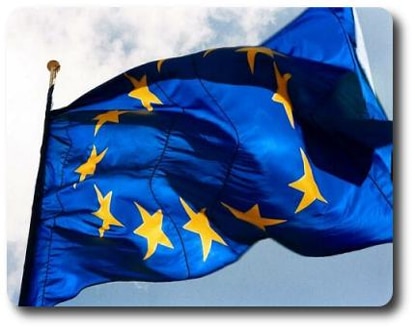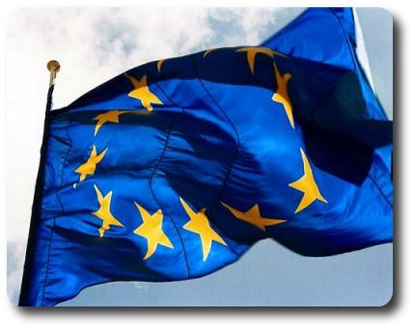The presidential campaign made the two candidates forget that, while national political life is practically paralyzed waiting to know who will be the President of the Republic for the next 5 years, the earth continues to revolve around the sun and the world does not stop moving.
The two ‘finalists’ of the second round accuse each other reciprocally. Nicolas Sarkozy flays François Hollande’s desire to renegotiate the European fiscal pact which he himself accepted, accusing his rival of adventurism, and François Hollande condemns Nicolas Sarkozy’s acquiescence to a policy of recession and wants to be an actor for a change of course.
But in the meantime…
 May 6 will not only be the day of the election of the President of the French Republic but also the election of the governments of the German Länder of Schleswig-Holstein and North Rhine-Westphalia (the most economically significant because it includes the Ruhr and is the most populous with 18 million inhabitants).
May 6 will not only be the day of the election of the President of the French Republic but also the election of the governments of the German Länder of Schleswig-Holstein and North Rhine-Westphalia (the most economically significant because it includes the Ruhr and is the most populous with 18 million inhabitants).
The likely defeat of the liberals of the FDP who, according to forecasts, should not reach the 4% quorum to remain in the two regional parliaments, will deliver the coup de grace to the already weak coalition ensuring a majority for the federal chancellor Angela Merkel.
For reference, the chancellor will be obliged to negotiate with the social-democratic opposition any modification of the European treaties given the decision of the Karlsruhe Constitutional Court which imposed a 2/3 majority of the Bundestag votes.
Moreover, Angela Merkel will already be in the position of forecasting the likely result of the 2013 legislative election, namely a relative majority for the CDU-CSU and the obligation to form a “Grand Coalition” government with the SDP with a compromise program.
So the conditions are in place for a change of course.
And while it is not a question of abandoning tight budgetary discipline (‘fiskalpakt’), a new orientation appears in the strategy of the German government as suggested by Nikolaus Meyer-Landrut’s statement “Herr Euro” of Ms. Merkel on the occasion of the European Business Summit:
“Germany has understood that rigor must be fundamental as a precursor to growth and employment.”
Indeed, if Berlin had declared that counteracting the crisis should be solely the task of the capitals whose accounts are out of order and not those with a surplus, it now recognizes that the virtuous must contribute to the adjustment of the economy by both increasing their internal demand and rebalancing the trade balance.
Steffen Seibert, spokesperson for the Chancellery, adds in turn: “We must aim for sustainable growth through structural reforms without stimulus programs that increase debt.”
Of course, budgetary discipline will be maintained and also the impossibility of “creating GDP” with public expenditures, a matter of “moral hazard,” meaning the need to maintain pressure on countries that need to conform to the parameters provided by community treaties.
But what’s new then?
There is talk of a “New Deal for Growth” to be negotiated during a meeting of European political leaders scheduled for June.
While waiting to reach Eurobonds and more power to the ECB, the proposed documents envision the creation of Euro-bills, one-year State notes (like those issued by the American Treasury).
Each issuance of these notes would be managed by a Central European Office (an embryonic European Treasury). The originality of this proposal is that the maximum issuance amount would be limited to 10% of the country’s GDP (the same limit that exists in the United States for T-bills).
This would mean establishing a bond market of 800 billion euros, allowing the most indebted countries to refinance themselves at rates much more favorable than those requested today by the markets.
The only mandatory condition for access to this source of financing? The imperative respect for the budgetary constraints set by the European Fiscal Act.
In conclusion, a country would lose the right to issue short-term bonds, this competence becoming European, but it would retain the “national” competence to issue long-term bonds (3 and 10 years).
If this option were to become real as diplomatic actions reasonably suggest, it would be an important step forward towards building a Europe, which failing to be federal, would at least recognize the principle of subsidiarity with a less arrogant and selfish policy of Germany.
Returning to our two candidates for the Presidency of the French Republic: Don’t they both risk coming up when the race is over? And thus wanting to defend what has already been modified (Nicolas Sarkozy) and renegotiate what has already changed (François Hollande)
Sometimes navel-gazing does not pay!


